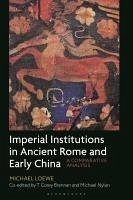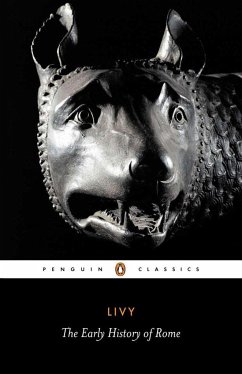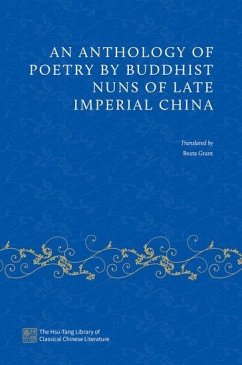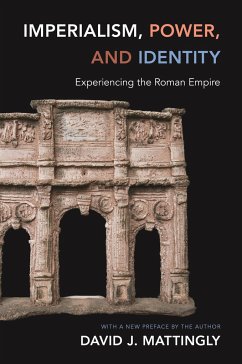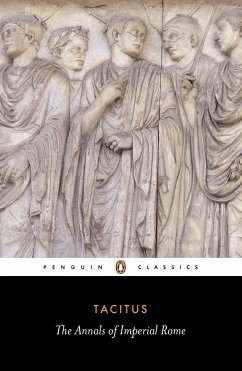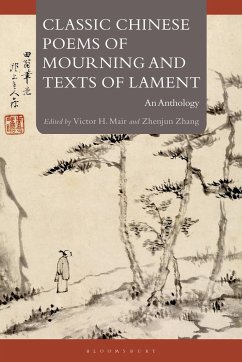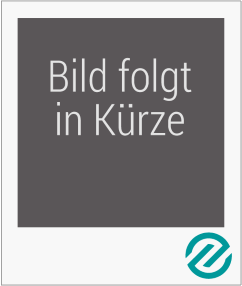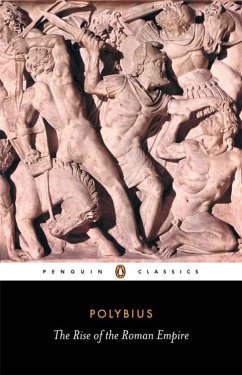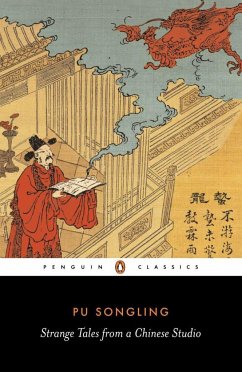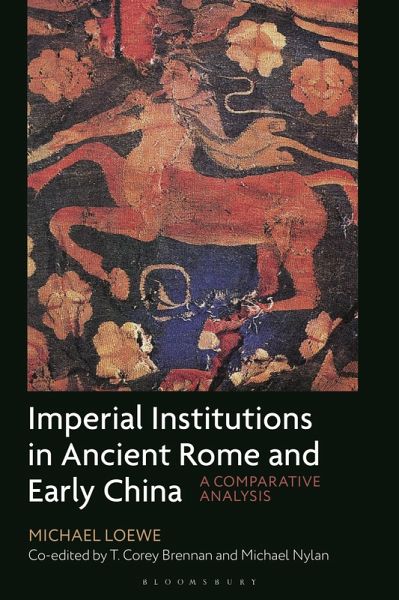
Imperial Institutions in Ancient Rome and Early China
A Comparative Analysis

PAYBACK Punkte
46 °P sammeln!
Written by the eminent sinologist Michael Loewe, and edited for publication by T. Corey Brennan and Michael Nylan, this book gives an overview of the considerations and practices of two major world empires that together ruled half of the earth's population in the first centuries BCE: ancient Rome and Han China. Approaching the historical material with a comparative perspective, Loewe examines the strengths and weaknesses, and the successes and failures, which can be seen in the organisation and government of these two political systems. Though each empire was largely ignorant of the other, the...
Written by the eminent sinologist Michael Loewe, and edited for publication by T. Corey Brennan and Michael Nylan, this book gives an overview of the considerations and practices of two major world empires that together ruled half of the earth's population in the first centuries BCE: ancient Rome and Han China. Approaching the historical material with a comparative perspective, Loewe examines the strengths and weaknesses, and the successes and failures, which can be seen in the organisation and government of these two political systems. Though each empire was largely ignorant of the other, the problems they faced were similar, given the rudimentary transportation and communication facilities of the time, the high mortality rates and the low levels of literacy. Yet each empire ruled its people in distinctly different ways, with the Roman empire governed largely by military officials, in contrast to the Chinese empire, whose administration was well stocked with roughly 130,000 highly trained professionals. The ten chapters of this book set out to compare the ways that these two contemporary regimes, similar in size and population, sought to control human activities and impose a set of regulated discipline over those who were ruled. Each chapter concerns the degrees and methods of forming a united people; the assumptions that lay behind such attempts; the reliance that imperial authority placed on religious practices; legal impositions and the structure of institutions; and the bases of social cohesion and economic co-operation. The result is an engaging study of two remarkable empires, whose rise and fall are contrasted in a way that deepens our understanding of empire and civilisation.





